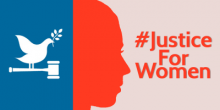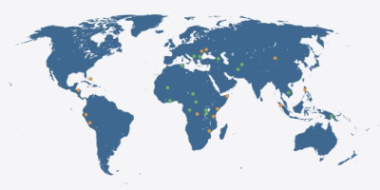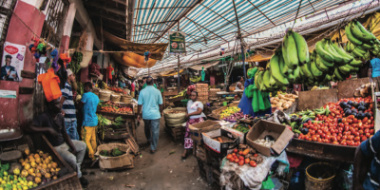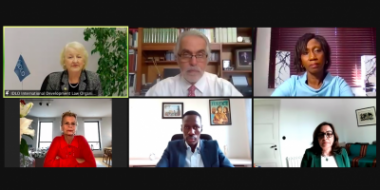GRUPO DE ALTO NIVEL PIDE MEDIDAS PARA ACABAR CON LA DESIGUALDAD DE LAS MUJERES EN LA JUSTICIA
El acceso de las mujeres a la justicia es esencial para cumplir una aspiración clave de la Agenda 2030 para el Desarrollo Sostenible: no dejar a nadie atrás.
















